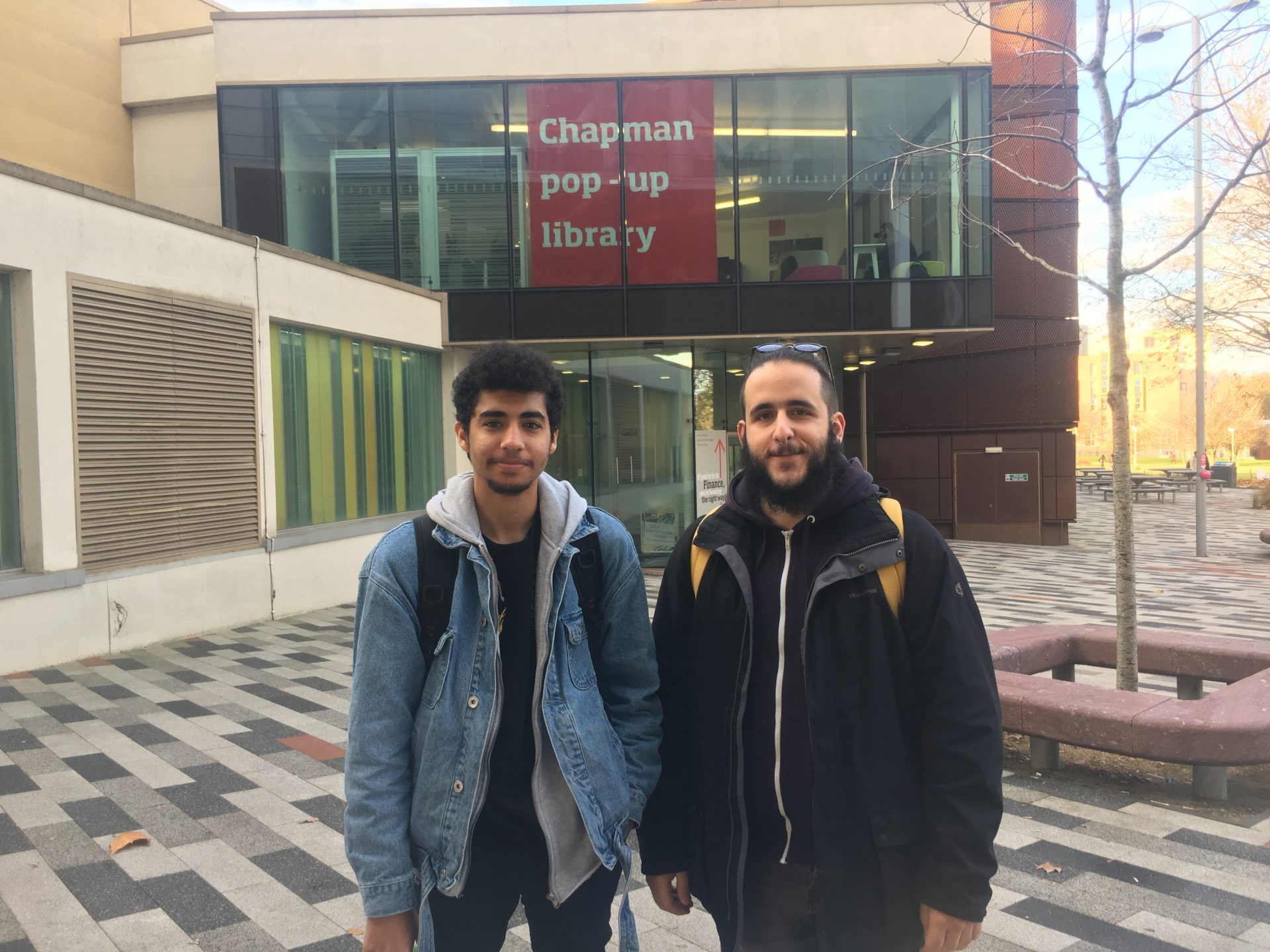
Concerns over cyber security grow each year. Today staying safe online is a must. On how to do it, the University of Salford hosts a seminar to raise awareness.
68 per cent of people in the UK take cyber-security as a very important matter, EU Commission statistics revealed last year.
Adults in the UK aged 16 to 54 are all regular web users. According to The Office for National
Statistics (ONS), 99% of people in this age group spent time on the internet daily.
Therefore, this is 56 per cent of the population in Salford in risk of a cyber safety breach.
Amirali Rasaei, Hackathon champion with the Computer Society of Salford University (CSSU), says:
“The internet surrounds and exposes us. It is a part of our everyday life. We put various personal information online, into cyber space”
He continues, “everything can be exploited by people with enough knowledge.”
Another Hackathon champion, Anestis Sitmalidis, who has previous cyber penetration experience, thinks that taking precautions is vital.
“We tend to think that this cannot happen to us,” he says, “but in contrast we make our daily routines public.”
“Depending on the intentions of the perpetrator, a single hack can destroy your life,” he adds.
“Depending on the intentions of the perpetrator, a single hack can destroy your life.”
The National Cyber Security Center (NCSC) recently tweeted out how we can live safer with a few easy steps.
https://t.co/CvTknr76we pic.twitter.com/8MeqIXWvIu
— NCSC UK (@NCSC) November 13, 2018
Cyber security concerns gradually rise in importance.
To raise awareness on the issue, the University of Salford is hosting “Protect yourself from hackers” on November 30.
The event aims to help others have a safer online life.
Mr Sitmalidis and Mr Rasaei are part of it, advising people on how to avoid being a victim.
“The aim of the event will be to educate people on how to have a safer virtual life,” adds Mr Anestis.
“I will give an overview on how daily tasks like checking your email can turn out to be dangerous. Different ways of raising online self-awareness are going to be showcased.”
“Protect yourself from hackers” will welcome guests at Chapman Building 4 on the University of Salford’s main campus.

“The event will be also led by Dr Sana Belguith and Dr Tooska Dargahi, both lecturers and much respected professionals in their fields”.
“Each person that feels responsible for his own cyber security and for those around should attend.”
Dr Tooska Dargahi, with a PhD in cyber security, says:
“Malware developers have different motives ranging from stealing personal information, to financial gain.”
By “exploiting the laziness and unawareness of digital device users”, hackers adapt to be more undetectable, Dr Dargahi further explains.
“When it comes to businesses, investments should be made towards proper staff educating on the topic”, Dr Dargahi adds.
“Security checks on all systems should occur periodically”. Furthermore, ” Updated software and up-to-date applications should also be a necessity”.
Similarly, the University of Salford became a part of a £6m cyber security scheme this September. Four UK universities, three local for Manchester, are helping businesses in Greater Manchester.
The threat they are teaming up against is dangerous malware, such as the notorious WannaCry virus from last year, which cost the UK £10 million in damages.














Recent Comments